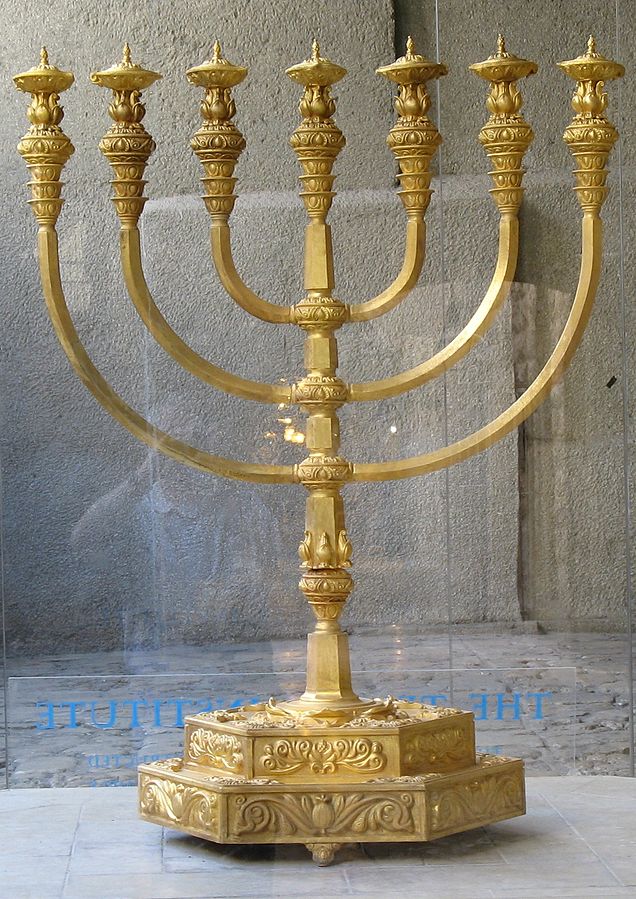TODAY’S BIBLE READING CHALLENGE:
Malachi 1:1-2:17
Revelation 21:1-27
Psalm 149:1-9
Proverbs 31:10-24
Welcome to the last book of the Old Testament – Malachi! We’re just one day away from the end of the year! Thank you for joining with us this year!
Malachi 1:2 – Stop and appreciate the first phrase of this declaration: “I have loved you!” God loves Israel, and God loves us!!
Malachi 1:13 – Have we ever thought going to church was “weariness?” Have we brought our best gifts to the LORD or have we brought our leftovers? As the satirical Patch the Pirate song reminds us, sometimes we say, “Any old thing will do for you.”
Our attitude should be, “Only my best will do for you!”
Malachi 1:14 – What does the LORD say about vows? Ecclesiastes 5:4-6 warns us that “better is it that thou shouldest not vow.”
Malachi 2:7-8 – We see a strong warning for religious leaders. In the New Testament, we have similar warnings (James 3:1 – leaders will receive greater punishment, Luke 12:47 – shall be beaten with many stripes, Matthew 23:13 – problem with the scribes and Pharisees, 1 Corinthians 11:29 – “damnation to himself”).
Malachi 2:13 – Why won’t God receive our offerings? Peter tells us that if I am not “giving honor unto [my] wife,” my prayers will be hindered (1 Peter 3:7). Malachi elaborates on God’s hatred of divorce. Jesus Himself reiterated this as well (Matthew 19:8). As we saw earlier, God’s treatment of us depends on how we treat our wives.
Revelation 21:4 – No more night, no more pain. No more tears, no more crying again!
Revelation 21:7 – Not all are God’s children; only those who overcome can legitimately claim to be a child of God. Who are the overcomers? Those who believe (Revelation 21:8).
Revelation 21:12-14 – Notice how God is uniting Israel (Revelation 21:12) and the Church (Revelation 21:14) for eternity in the eternal New Jerusalem!

A New Heaven and New Earth by Petrus van der Borcht
Revelation 21:23 – Yes, in the New Jerusalem there is “no need of moon or stars by night, or sun to shine by day.”
Revelation 21:27 – God can’t let any sin into His heaven, and you must have an RSVP to enter. If you don’t know for sure that your name is in the Book of Life, make sure of that today! We saw yesterday what happens to those whose names are not found in the book (Revelation 20:15).
Psalm 149:5 – Yes, it’s okay to sing alone and aloud! Praise ye the LORD!
Proverbs 31:10 – The Sunrise Ruby, a 25.59-carat Burmese ruby sold at Sotheby’s in May 2015 for $30.42 million. I’m so thankful for my wife!
Proverbs 31:11 – We read earlier about the condemnation of men who cheat on their wives, and here we see praise for the woman who is safely trusted in by her husband. Jesus’ first miracle was at a wedding in Cana (John 2). He loves Christian marriages!
Share how reading through the Bible has been a blessing to you! E-mail us at 2018bible@vcyamerica.org or call and leave a message at 414-885-5370.
_____
Image Credit: Petrus van der Borcht, Public domain, via Wikimedia Commons























